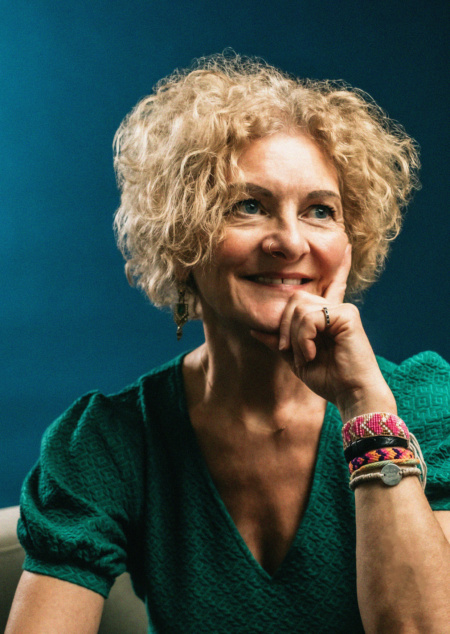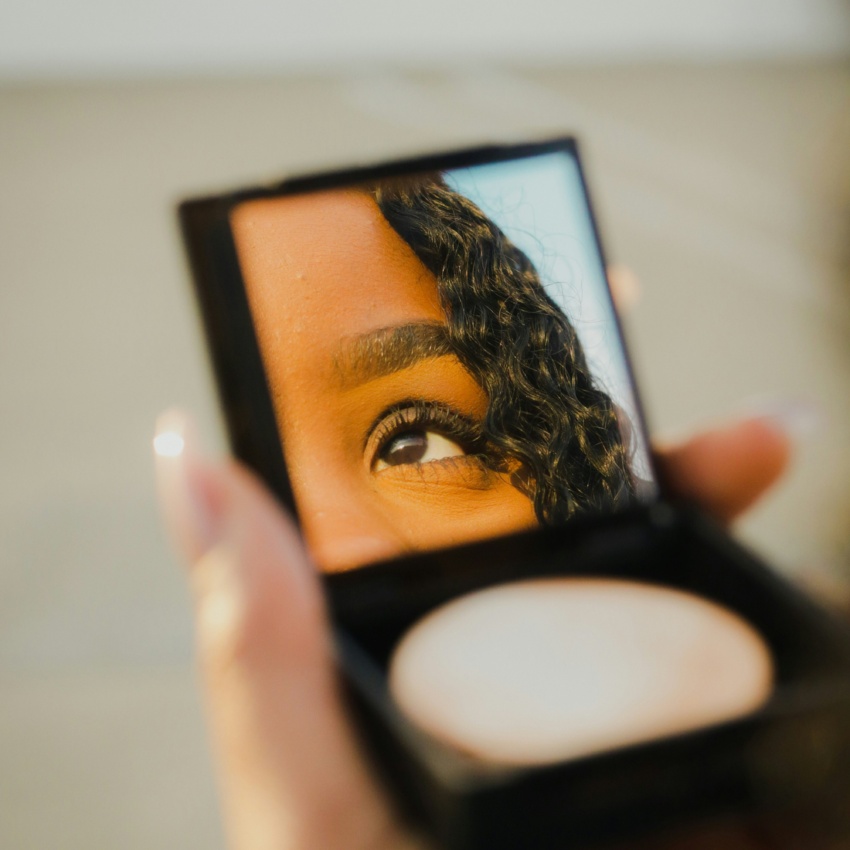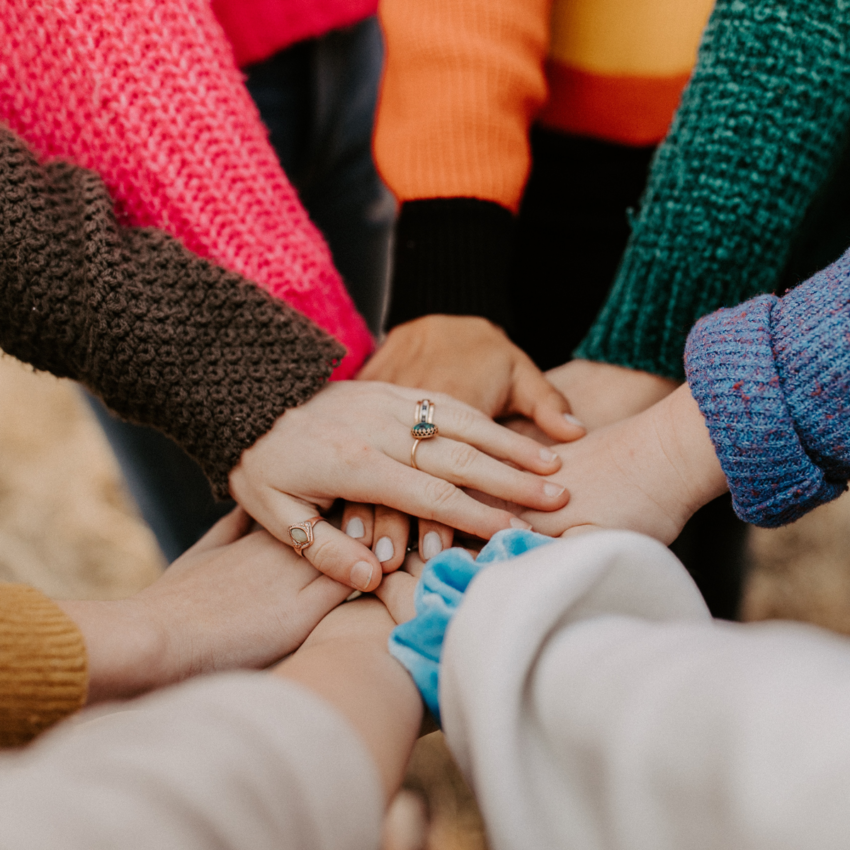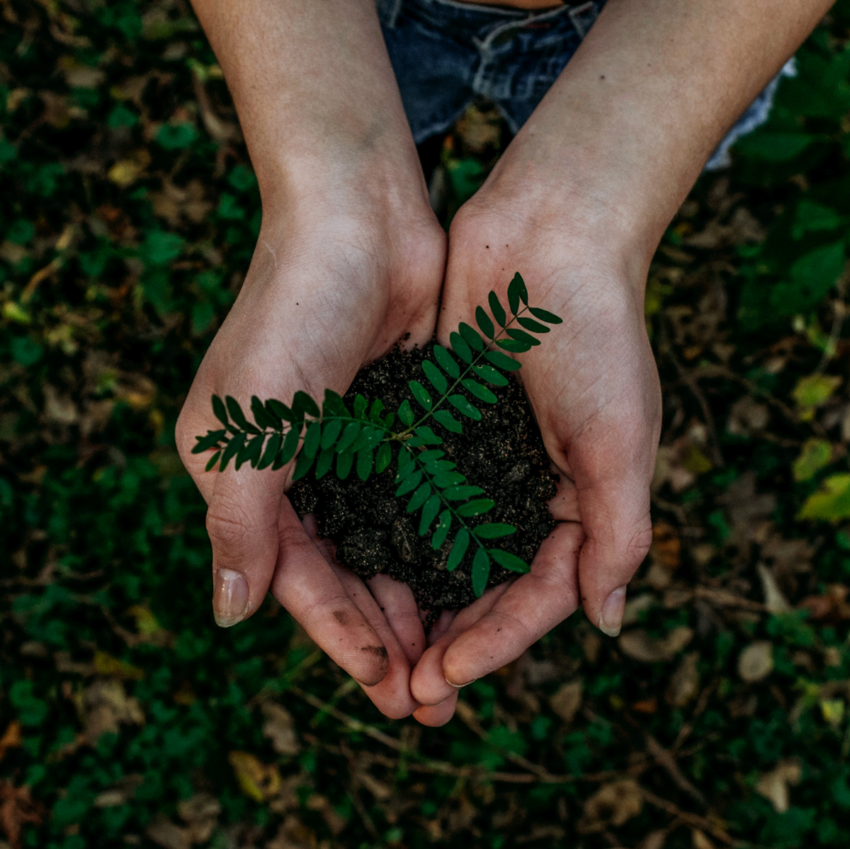A purpose-driven approach to reducing environmental impact
I’m not a make-up aficionado, although like many event professionals my under-eye concealer is never out of reach. Having heard Al Iannuzzi speak about The Estée Lauder Companies’ sustainability and CSR programs recently, I find myself more interested and better informed about the choices I make as a consumer. Al Iannuzzi is Vice President Sustainability, The Estée Lauder Companies.
But this isn’t a story about beauty products per se. This is about being purpose-driven and intentional when it comes to reducing environmental impact.
Here's a summary of what we can learn from Estée Lauder:
- Sustainability is a collective responsibility
- Companies should support sustainability 'upskilling' for employees
- Sustainability starts with a vision and framework
- Consider all angles before you make choices that impact your product/service
- Analyze your entire supply chain
- Stay vigilant about sources of labor
- Constantly seek areas where you can make small improvements
- Don't chase perfection
Sustainability, a business imperative
In his session ‘Sustainability, a Business Imperative’ Iannuzzi offered a fascinating look under the hood of a huge global corporation and the hundreds of measures it’s taking to minimize environmental impact and live up to its mission as a beauty-inspired, values-driven company.
Let’s start with Al’s own career. He didn’t know what he wanted to do at university. As a child he loved watching nature programs and on graduating in environmental science, he first thought about becoming a forest ranger, but a savvy mentor mentioned the lack of jobs and suggested pollution control instead. That led to an early career as a hazardous waste inspector!
Now, as Vice President of Sustainability at The Estée Lauder Companies, Iannuzzi leads on a myriad of green initiatives. He’s also Adjunct Professor at Indiana University, where he teaches Product Improvement and Sustainability and is well known for authoring several books including ‘Greener Products: the Making & Marketing of Sustainable Brands’.
What can the events industry learn from a man who’s been in the environment, health, safety and sustainability field for over 30 years?
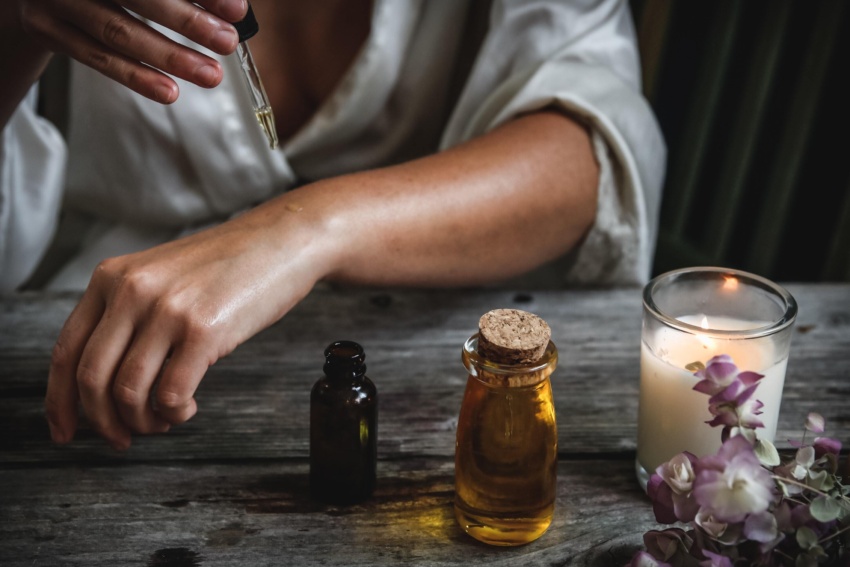
Scrutinize where your raw materials are sourced

Palm oil sales can support small communities
Involve your entire team
Sustainability is not – and never should be – the sole domain of your sustainability team or environmental squad. All departments must play their part and engage. Yes, that means you finance, operations, marketing, sales and others. Everyone counts.
Create opportunities for sustainability upskilling
At the Estée Lauder Companies they also encourage learning opportunities for their employees via their virtual employee education platform, the Beauty Inspired, Values Driven Interactive Learning Guide. Here any employee can dive deeper into sustainable education to improve their own understanding and personal commitment.
Define your vision and create a framework
It’s virtually impossible to achieve sustainable outputs without a clearly articulated vision, purpose and framework. At the Estée Lauder Companies their goal is to put sustainability in the DNA of every brand, and yet they also give each brand the freedom to align with different programmes and partners to ensure authenticity and the right fit. Examples include La Mer and the Blue Heart Oceans Fund, and Bobbi Brown’s support of various education initiatives for girls.
Enjoying this? We think you'll love these:
Make the best possible choices for your product
As Iannuzzi explained, every choice you make with a product or service involves balancing different priorities. “You have to make the best decision you can and put it to the red face test. That means you must know deep inside you’ve made the best choice possible and are prepared to stand up for that choice when questioned.” Sometimes that calls for extensive research or an impact assessment.
"Sustainability is a journey. There’s no such thing as a sustainable company.”
Al Ianuzzi, Vice President Sustainability, The Estée Lauder Companies Inc
The perceived best choice might not be the best once every single impact is considered. Palm oil is a great example. (Estee Lauder Companies only uses a palm oil derivative and in a few, select products). Being a fast-growing, profitable crop palm oil can be an important source of income and employment in some communities. Buying from responsibly managed, verified, small producers can therefore be a sound, values-based purchasing decision for some companies.
Pay close attention to your supply chain
Do not skimp on analyzing your supply chain. First scrutinize materials and pay careful attention to where your raw materials are sourced. Seek to eliminate any problematic compounds and keep looking for areas where you can make small, continuous improvements. Blockchain is starting to revolutionize our ability to track and prove the provenance of materials, and being vigilant about issues such as child labor is vital in a global market.
Don't chase perfection
Don’t let the perfect get in the way of the good. All progress towards more sustainable products and services is good progress. Make improvement your watchword and keep going!
